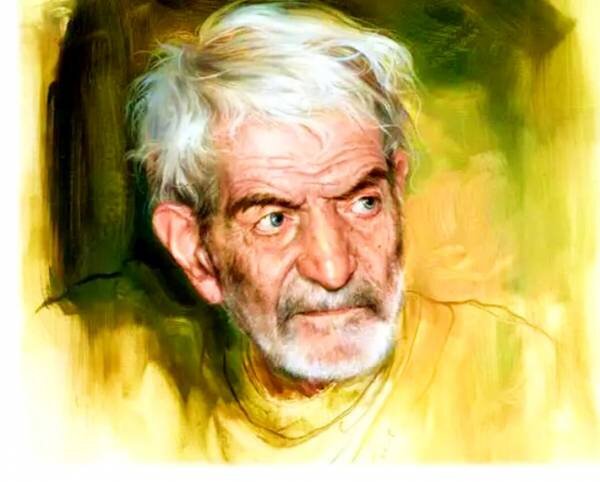National Day of Persian Poetry and Literature: honoring the legacy of Shahriar and Iranian literary

TEHRAN- On September 18, Iran celebrates National Day of Persian Poetry and Literature in memory of the highly respected contemporary Persian poet, Mohammad-Hossein Behjat Tabrizi, known as Shahriar. Shahriar's work was distinguished by its political, social, and cultural insights, making him a significant figure in Iranian poetry and literature.
Shahriar's poetry was diverse in its themes, touching upon topics such as love, nature, and the socio-political situation in Iran. Notably, he gained widespread acclaim for his celebrated Azerbaijani poetry collection, "Heidar Babaya Salam," which is reflective of his birthplace in the village of Heidar Baba. Besides Persian, Shahriar was also known for composing works in Azerbaijani, and he was heavily influenced by the poetry of Hafez, a 14th-century Persian poet.
Iranian literature boasts several other distinguished literary works in addition to Shahriar's poems. Among these, "Shahnameh" (The Book of Kings) by Ferdowsi stands out as one of the most renowned works. This epic poem chronicles Iranian history from the pre-Islamic period through the Arab conquest. Another notable Iranian poet is Saadi Shirazi, who is well-known for authoring the famous poetry collections, "Golestan" (The Rose Garden) and "Bustan" (The Orchard).
Iranian literature is widely recognized for its rich, multifaceted, and deep content. Ranging from ancient epics and mystical verses to contemporary plays and novels, Iranian literary works reflect the country's vast historical and cultural heritage. Persian, as a language, has served as the bedrock of Iranian literature, facilitating its growth and development for centuries. With time, contemporary Iranian writers have stepped up to make a significant impact on Iranian literature.
Ahmad Shamlu, a celebrated Persian poet, is one of the most admired and acclaimed poets in Iranian literature. His poetry, which touches on themes such as love, nature, and social justice, continues to resonate with readers and inspire them even today.
Another famous Persian poet is Forough Farrokhzad, who is considered one of the most significant female poets of the 20th century. Her works were notably characterized by heightened emotional intensity, feminist themes, and critiques of the traditional patriarchal society.
Contemporary Iranian literature is not just limited to poetry; it has also made valuable contributions through an array of novels, short stories, and plays acclaimed both in Iran and internationally. An exceptional example is Mahmoud Dolatabadi, whose novel, "The Colonel," was recognized by The Guardian as one of the 50 Greatest World Novels since World War II.
The enduring legacy of Iranian literature can be attributed to the creativity, imagination, and dedication of its writers. Iranian writers have drawn inspiration from a variety of sources, including the natural world, historical events, and everyday experiences. They have also drawn upon a rich tradition of storytelling that dates back thousands of years.
However, throughout the centuries, Iranian literature has faced numerous challenges, yet it has consistently persevered. Despite the daunting hurdles presented by Iran's political, social, and cultural setting, Iranian literature has not only endured but also generated enthralling, insightful, and magnificent literary works that continue to captivate and educate countless readers across the globe.
SAB/
